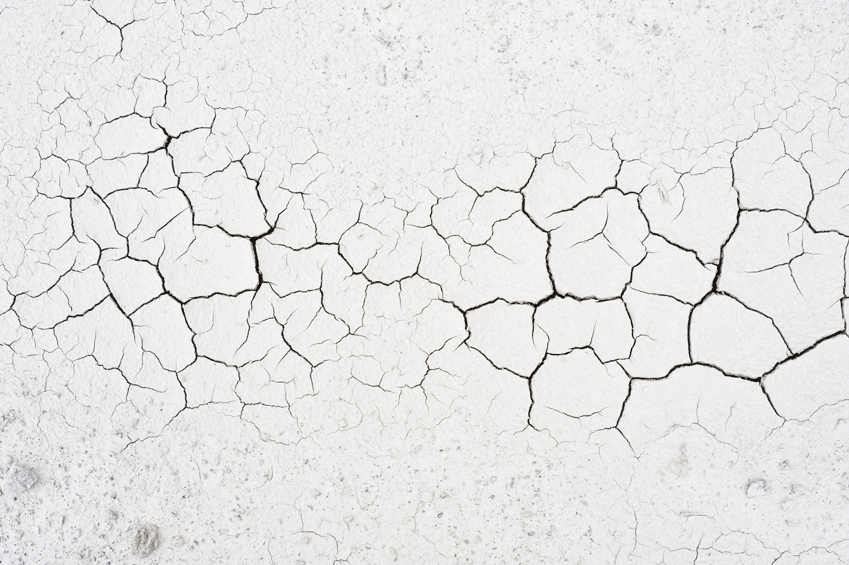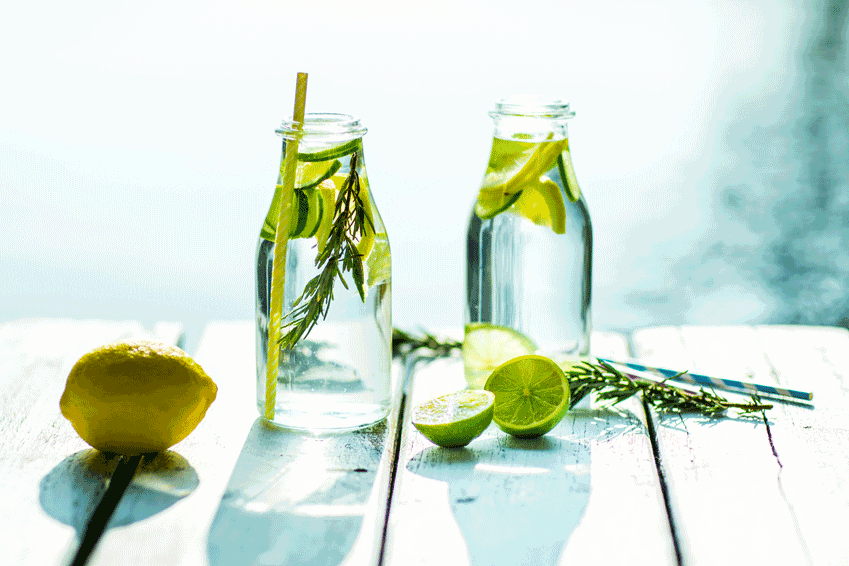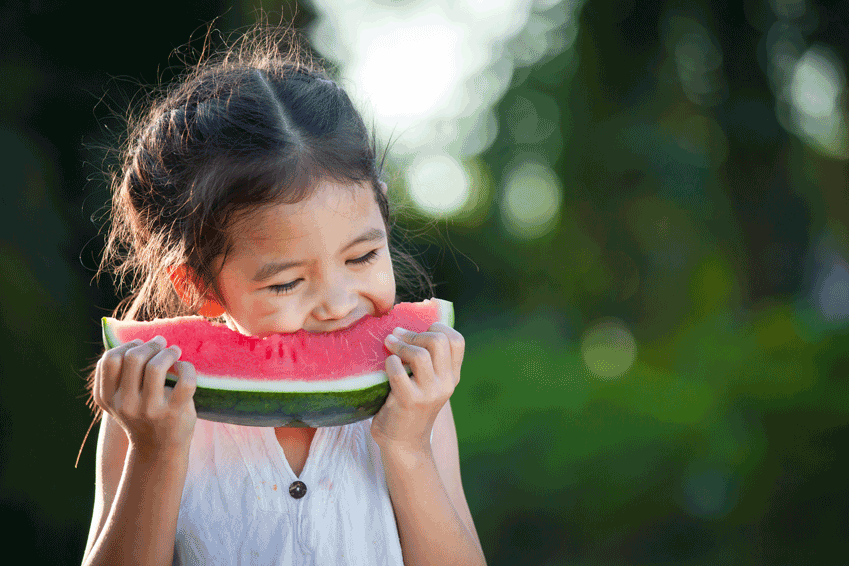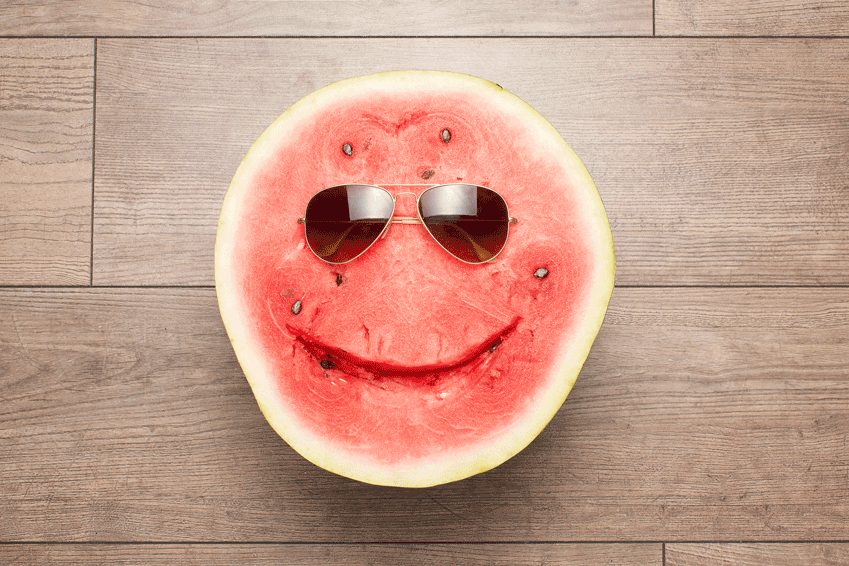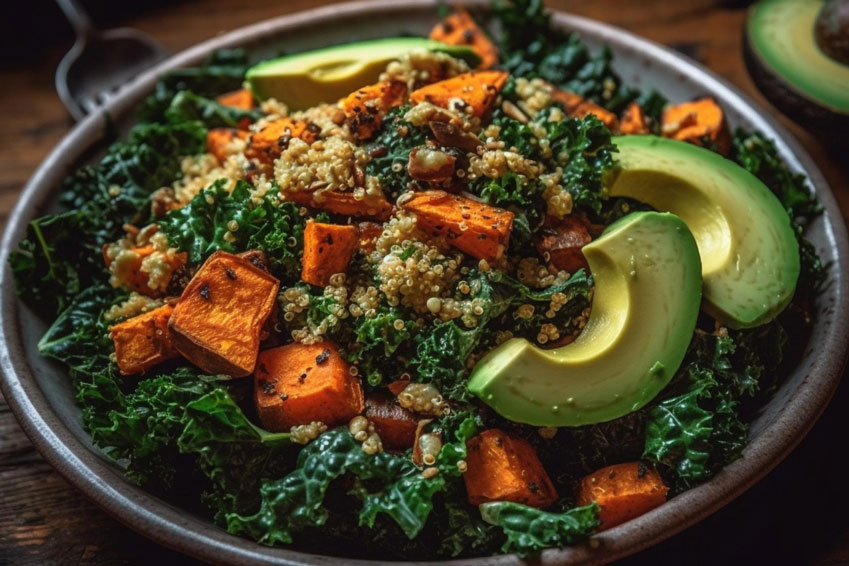It’s very simple – dehydration occurs when you lose more water than you take in. It can easily happen, especially during summer, but really anytime, and can have serious consequences.
Water is the basic medium of life, itself. It transports nutrients to your tissues and organs and flushes away toxic waste. It also helps keep your skin supple, your brain functioning properly, your kidneys healthy, and your heart pumping. Making sure we have enough of should be one of our most urgent daily tasks.
The signs you’ve gone dry
When you don’t take in enough water, some alarming side effects may start to appear, including…
- Decreased urination
- Dark-colored urine
- Constipation
- Dry mouth
- Headache
- Sleepiness
- Feeling thirsty (of course)
How much fluid you need to avoid dehydration depends on your body size, age, general health, environment, and activity level. For example, if you live in a hot clime, exercise a lot, or have a physically demanding job, you’ll probably need a higher water intake than those who live sedentary lives in cooler climes.

Dehydration an issue with the elderly
Older people with reduced appetite and mobility need to be particularly careful to get enough fluids as do pregnant and breastfeeding women.
With seniors, it can be a serious problem. A study reported that over 30% of people living in long-term care facilities were determined to be dehydrated. One reason may be that as we age, our bodies raise a flag that we are dehydrated less often, and thirst awareness is diminished. We gradually lose the ability to know when we are in peril of dehydrating.
Four watery tips
They sound obvious, but are easily forgotten. So here are four ways to stay all-importantly hydrated throughout the day.
1. Eat water-rich fruit and vegetables.
Your body doesn’t get all its water from drinks – around 20% comes from food. Fruit and vegetables provide plenty of vitamins and minerals, and they have the additional bonus of high water content. Those with some of the highest water content include watermelon (sounds it, right?), tomatoes, oranges, cucumber, and celery.
Stews and soups contain lots of water too, so including these in your diet is another nutritious and tasty way to increase your fluid intake. In hot weather, you might want to try soups that can be served cold, such as gazpacho and borscht.
2. Drink plenty of water with meals.
Food alone will not provide all the fluids you require, so always have a drink with your meals. You don’t have to drink plain water, either. A low-calorie fruit-based drink, flavoured water, low-fat milk, or an occasional cup of tea or coffee are good, too. Plain water, however, is caffeine-free, has zero calories, and doesn’t have to cost much, either.
3. Get plenty of water in the morning.
It’s important to start the day hydrating yourself after several hours without eating or drinking. Enjoy a glass of cool, fresh water, a bowl of fruit such as grapefruit or strawberries, or a delicious fruit smoothie.
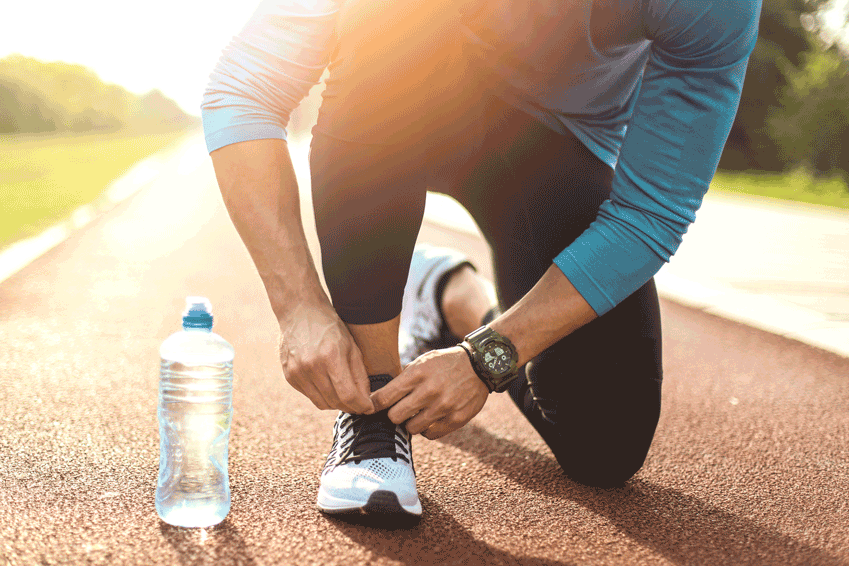
4. Keep a bottle of water with you.
Take water when you’re out and about, so you don’t have to worry if you find yourself empty. Drink from your bottle when you feel thirsty or take small sips regularly to avoid thirst. If you’re on a long walk, a run, or exercising, it’s especially important to stay hydrated.
The takeaway
Water is essential for good health, so make sure you’re getting enough by drinking healthy drinks regularly and including water-rich food in your diet.
Watch out for signs of dehydration, especially if you’re a senior, in poor health, pregnant, or breastfeeding. If you are seriously dehydrated, seek medical help immediately.
Don’t ignore the signs of dehydration. Your body is trying to tell you something. For good health, always stay “wet”.








